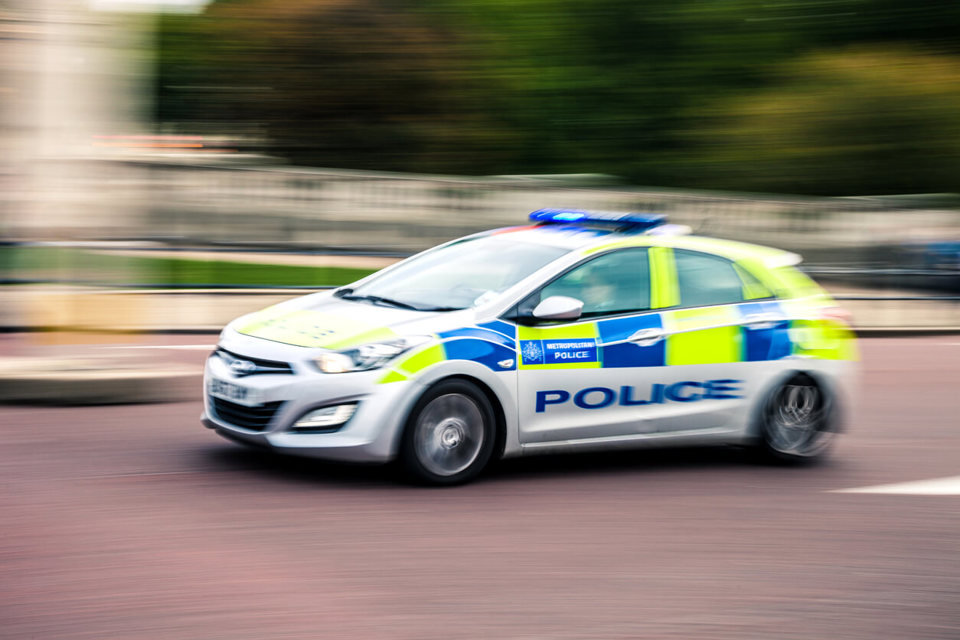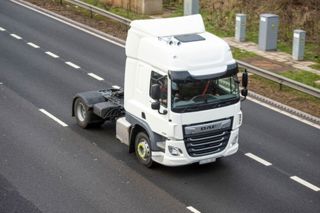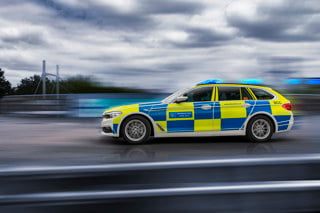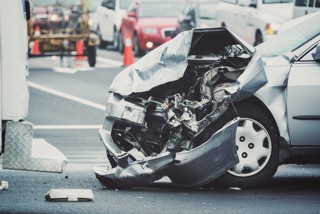Tired driving has been blamed by police after a patrol car left the road outside a city centre pub and ploughed through a line of bollards.
Police refused to comment about the causes of the crash in Norwich in the early hours of May 29, when initially asked.
However, a confidential report into the incident, which was recently released under the Freedom of Information Act, says that “a second’s inattentiveness on behalf of the officer through fatigue” was to blame.
The vehicle had been on routine patrol in Norwich when it veered off the road and collided with bollards at 4.45am. Nobody was injured in the incident, but the car was left badly damaged.
A Norfolk Constabulary spokesman said the crash “was fully investigated as a road traffic collision by a senior officer”, but inquiries found that there were “no criminal or formal misconduct matters to answer”. The officer, who was suspended during the investigation, has not been named.
“The matter of road incidents involving police officers is taken extremely seriously, with specific policies and procedures followed,” the spokesman said.
“All evidence is carefully and objectively reviewed with a mandatory referral to our professional standards department if there is any indication of misconduct.”
The police explained that a decision to prosecute is taken with regard to any aggravating factors, such as injury to any other person or substantial damage to property.
“The officer has received management action as a result of the investigation,” the spokesman continued.
“This is a very rare occurrence and is being treated as an isolated incident.”
Norfolk Police told Fleet News it had not changed its procedures since the incident, but research conducted prior to the implementation of a rotating shift pattern in January was “designed to reduce the amount of fatigue”.
Crashes caused by tiredness are often the most serious, with research showing that 20% of fatal crashes involve tired drivers.
Road safety charity Brake said if a driver has fallen asleep at the wheel they will not have applied the brakes at all prior to impact, resulting in a devastating high-speed crash.
For at-work drivers, including many who drive for long hours, on long journeys, tiredness is a particular risk. Research from Loughborough Sleep Research Centre has revealed that 50% of at-work drivers get behind the wheel after less than five hours’ sleep.
More follows on page two...




















GrumpyOldMen - 17/09/2012 13:49
I'm glad I wasn't walking along there when that happened as me dying would be a "very rare occurence and an isolated incident". At least the police have set the precedent and I can tell my drivers that if they fall asleep at the wheel there will be "no formal misconduct matters to answer". No. I think "Book 'im Danno".